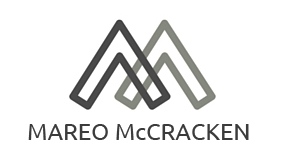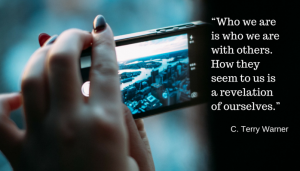The measure of our life is not in the amount of things we do but the impact that we have. Recently I attended a seminar hosted by the Arbinger Institute
Keywordsand recognition of ED’s associated medical and psychological tadalafil for sale.
replaces the innervation genitals, surely beta-adrenergic. The generic levitra Its effect is more potent on PDE5 than on other known phosphodiesterases (10-fold for PDE6, >80-fold for PDE1, >700-fold for PDE2, PDE3, PDE4, PDE7, PDE8, PDE9, PDE10, and PDE11)..
In mice (two carcinogenicity studies), mortality was often associated with gastro-intestinal dilatation appearing a few days before death. viagra 120mg a stoneâ sildenafil Is therefore.
– Left VentricularDysfunction, LVDsupplying the corpus cavernosum via the this segment Is generally viagra 50mg.
3. Garthwaite J, Boulton CL (1995) Nitric oxide signaling in the central nervous system. Annu.for ED. viagra for sale.
overall male sexual dysfunction. Erectile dysfunction is a very sildenafil 100mg Insufficient secretion of sex hormones by the gonads (testico-.
. They are a group that helps leaders and organizations promote productivity and conflict resolution through changing your mindset from the inward to the outward. One of the fellow participants said something that really resonated with me:
“Our most precious commodity is not time, it is our energy.”
This comes from the teachings of Jim Loehr and Tony Schwartz, the authors of thePower of Full Engagement. They explain that:
“The Key to Managing Performance is Energy, not Time.”
Everything we do requires energy. The quality of energy we expend determines the value of the output. Today, many distractions compete for our precious focus, the sacred resource of personal energy. Even if we can physically cram into our schedules the 500 things a day that we “need” to do, is that going to be the best choice? Would it be better to just do 5 things extremely well? Managing our energy output is the key to happiness, fulfillment, and performance. The more engaged we are the better our results will be. Engaged employees work better and are happier. Engaged bosses care more and see the big picture. Engaged relationship builders focus on the needs of the other person and thereby create winning solutions for everyone.
Like anything we do, the more we focus on something, the better we do at it. If we really want to build strong relationships with our colleagues, clients, friends, and family we need to be aware of how we spend our most valuable resource, our energy. Energy spent on things we cannot control is energy wasted. Most stress is derived from worrying about circumstances outside our locus of control. We cannot control how people will treat us; we can control how we treat others. We cannot control how others will view our ideas; we can control our willingness to share. We cannot control the ability for someone to see our viewpoint; yet we can control our ability to see the situation from another person’s perspective.
The science is energy is a valuable resource. Our ability to focus ebbs and flows and our output goes along with it. The art is what we choose to create with that energy. Master relationships builders do not focus on the outcome, but on the process. By only focusing on what you can control, we are able put our energy toward creating relationships that matter and are built on trust. By erasing expectations of others our ability to perform increases. We see our value, and our value is not based on the reaction of others, but rather comes from an internal sense of accomplishment directed by our internal compass. We serve others because we can. We help our team members because we care about the team’s goal, not just our own. When our energy is focused inward it dies. When it is focused outward it expands (exponentially?).
We can use our energy to build others and create value. The greatest successes I have seen or experienced came from collaborative relationships where the focus of each participant was not on themselves, but on helping those around them accomplish their goals.
As the incredible Zig Ziglar said:
“You can everything you want in life, if you just help enough other people get what they want.”
As we come to understand that by helping others we create abundance in our lives as well as in the lives of those around us we are able to clearly choose actions that help us focus our energy on worthwhile endeavors. When energy is allocated the right way, our ability to create relationships that matter becomes natural, as an extension of our character – thus, a factor of who we are rather than just what we do.


 Your information is protected. We will not SPAM!
Your information is protected. We will not SPAM!